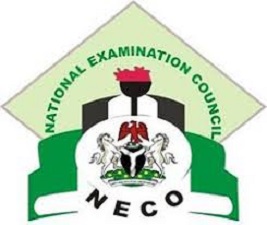NECO END SARS COMMERCE ANSWERS
NUMBER1
1. Bank of issuing notes: Central bank has monopoly rights of issuing notes. This is called currency authority function of central banks. All notes issued by central bank are an unlimited legal tender in the country.
2. Banker to the Government: Central bank is a banker, agent and financial adviser to the government. It manages the account of the government, it buys and sells the securities of the government and it frames policies to regulate the money market.
3. Custodian of foreign currency: The central bank maintains a minimum reserve of international currency all the time in order to meet emergency requirements of foreign exchange and overcome adverse requirements of deficit in balance of payments.
4. Lender of last resort: The central bank also lends money to commercial banks. When the commercial banks are facing liquidity crunch or any type of insolvency, the central bank are the last resort to provide loans against treasury bills, government securities, and bills of exchange.
5. Maintains cash reserves of commercial banks: The central bank takes care of the cash reserves of commercial banks. Commercial banks are required to keep certain amount of public deposits as cash reserve, with the central bank.
6. Control of credit: The central bank has power to regulate the credit creation by commercial banks. The credit creation depends upon the amount of deposits, cash reserves, and rate of interest given by commercial banks. All these are directly or indirectly controlled by the central bank. Therefore, they have the power to control the amount of credit creation of the commercial bank.
NUMBER4
4a) A chamber of commerce is an association or network of businesspeople designed to promote and protect the interests of its members.
4b)
1. To ensure that members provide good quality services.
2. To ensure that members charge uniform prices.
3. To maintain professional ethics
their line of trade.
4. To supply members with
information about developments in
their line of trade.
5. To create uniformity in the way
their members deal with people.
6. To promote trade in a particular line
of business.
7. To act as pressure groups to
influence some government policies.
8. To defend and advance the interest
of members.
Commerce Neco Gce-Obj
01-10: CEACCCEEBB
11-20: EBDCADDEEC
21-30: ABABBBBACA
31-40: CCACABDDBC
41-50: AEAACDACEC
51-60: AEBBDCACDC
